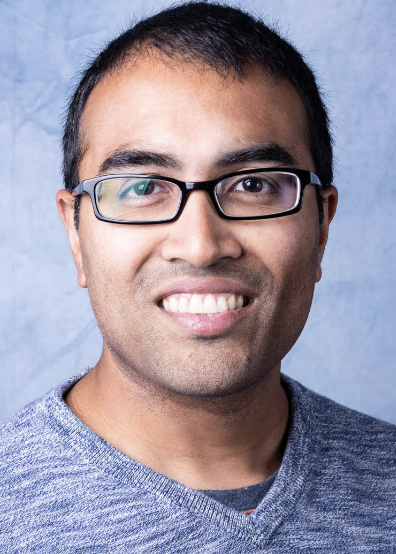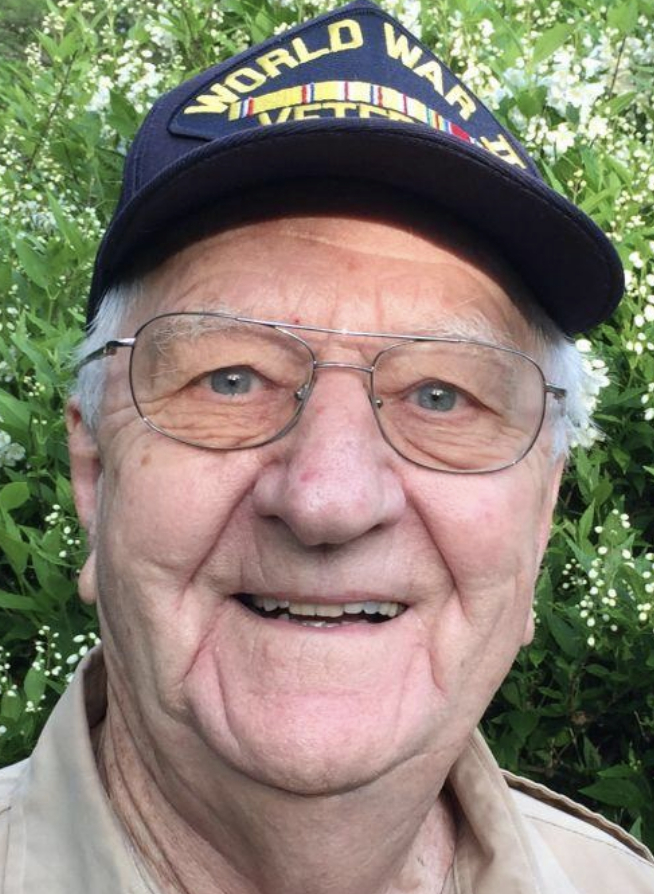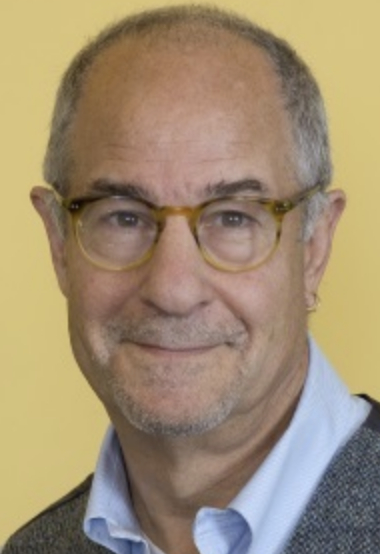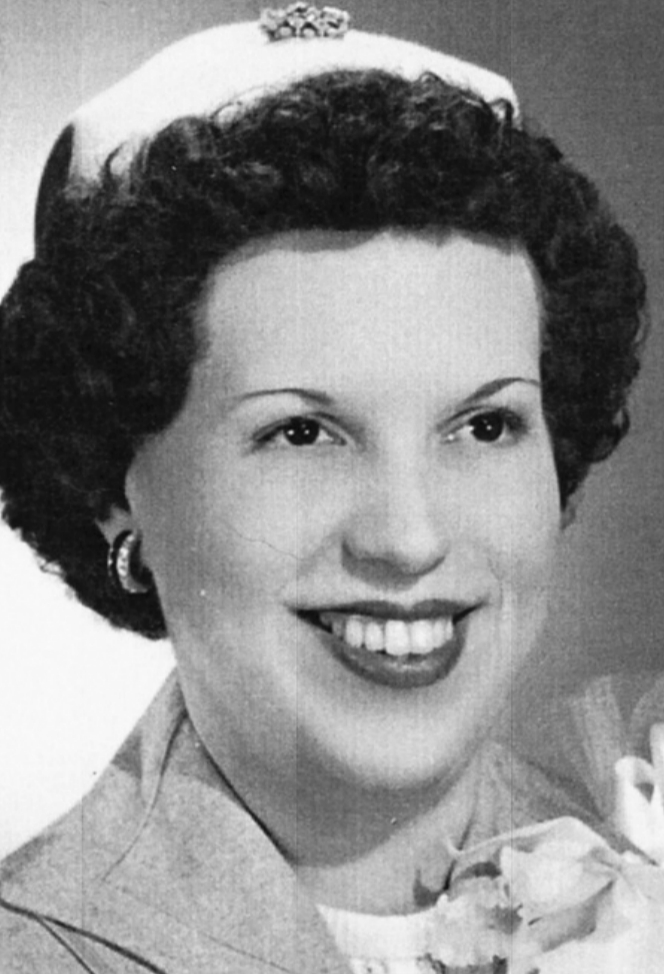teachers
Hemant Mehta

On this date in 1983, atheist blogger and activist Hemant Mehta was born in Chicago to a family that practiced Jainism. He abandoned his faith as a teen. He graduated from the University of Illinois at Chicago, where he formed the school’s first nonreligious group, Students WithOut Religious Dogma, or SWORD. He graduated in 2001 with degrees in math and biology and taught high school math for seven years before resigning to work full time on behalf of secular causes.
Mehta decided in 2006 that he wanted theists to learn more about how religious institutions are viewed by the nonreligious. This led him to “sell his soul on eBay” by posting on the popular auction website that he would attend the highest bidder’s choice of religious institution. For every $10 the highest bidder gave him, he would attend one service.
The winner, a Seattle minister, bid $504 and decided Mehta would go to a variety of churches and write about his experiences. This resulted in Mehta’s first book, I Sold My Soul on eBay (2007). He published The Young Atheist’s Survival Guide in 2012 and edited the 2017 book Queer Disbelief: Why LGBTQ Equality Is an Atheist Issue by Camille Beredjick.
His popular blog Friendly Atheist highlights events, issues and people that are important to the nonreligious community. Mehta was a 2019 recipient of FFRF’s Nothing Fails Like Prayer Award, given to freethinkers who offer secular invocations before public boards. A transcript of his acceptance speech questioning whether atheism is still taboo in politics is here. A 26-minute video of the speech is here.
He chaired the Foundation Beyond Belief, a nonprofit that raises money for people in need, and the Secular Student Alliance and was also spokesperson for the Chicago Coalition of Reason. Mehta is the co-host, with Jessica Bluemke, of the weekly Friendly Atheist podcast, which has produced over 270 episodes as of June 2019.
“At age fourteen I was asking questions. When the answers failed to satisfy me, I searched elsewhere for different answers and found wisdom in atheism.”
— Mehta, "I Sold My Soul on eBay" (2007)
Joseph Cunningham

On this date in 1926, freethinking educator and military “foxhole atheist” Joseph Cunningham was born into a religious and financially struggling family near Wadestown, W. Va. (population 50). The family of eight moved to Oklahoma, then to Michigan, where they lived in an abandoned rural grocery store, and then to Illinois, where Cunningham graduated from high school in Carmi.
He enlisted in the U.S. Navy, serving in the Pacific aboard the attack transport USS Bosque. After World War II he received $65 a month from the G.I. Bill to attend Southern Illinois University, where he graduated with a major in history and minors in English and business.
He taught for two years in a one-room school without electricity. After earning his master’s from SIU he taught a wide variety of subjects at Mascoutah High School, where he met his future wife Norma Steines Cunningham, also a teacher and religious skeptic. They married in 1953 and had two daughters, Kathryn and Linda, who were raised in a secular environment. The Cunninghams were married for 64 years until her death in 2018 at age 100.
Cunningham served on FFRF’s executive board of directors for 38 years. As a veteran, he was also very involved with bringing FFRF’s Atheists in Foxholes monument to fruition in Madison, Wis.
Another project he took up after retirement was the planting of thousands of daffodils along Illinois Route 4. And since they are perennials, the thousands have turned into millions. He was honored nationally on Earth Day in 2015 for his green thumb and by the city of Mascoutah and the Federated Garden Clubs of Missouri and Illinois.
“Oh that I could have become a freethinker earlier in life,” Cunningham said in a 2019 email. “I spent many a sleepless night thinking the world would end at any second and that possibly I would end up in a never-ending, burning hell because I had accidentally done something that an angry god disapproved.”
"Any good that I can do, let me do it now, for I shall not pass this way again."
— Cunningham's quote to live by (October 2019 email)
Ted Gup

On this date in 1950, journalist, author and professor Ted Gup was born in Canton, Ohio. Of Jewish heritage, after attending Trinity University in Ireland he earned a B.A. in classics from Brandeis University and a J.D. from Case Western Reserve University School of Law. He was a longtime Washington Post reporter and later worked for Time magazine. Gup has written for many national publications, including Smithsonian, National Geographic, New York Times, Boston Globe, The Village Voice, Sports Illustrated, Slate, GQ, Mother Jones, Audubon, the Columbia Journalism Review and NPR. Much of his work has championed more transparency in government.
Gup has worked in multiple academic positions, including a professor of journalism at Case Western Reserve and as chair of the journalism department at Emerson College in Boston. He has received more than 20 awards for his writing, including the George Polk Award, the Worth Bingham Prize, the Gerald Loeb Award, the Investigative Reporters and Editors Book-of-the-Year Award for his best-seller The Book of Honor: Covert Lives and Classified Deaths at the CIA (2000) and the Goldsmith Book Prize for Nation of Secrets: The Threat to Democracy and the American Way of Life (2007).
Gup has been a Pulitzer finalist, Fulbright Scholar, MacArthur Fellow and Guggenheim Fellow. Gup is also the author of A Secret Gift (2010), a frequent contributor to news programs on CNN, PBS and NPR and a public speaker in high demand. In the wake of his 21-year-old son’s 2011 death from a heroin and alcohol overdose, he said he had become a nonbeliever.
"I had nearly forgotten how death plays out over time — not the biological episode that collapses it all into a nanosecond of being and nonbeing, but the slower arc of our leaving — sorting through the mail, paying the bills, stumbling upon notes. … Have I no more than these solicitations, the invitations, these letters delivered late? I do. I have memories. I have places where I feel both his closeness and his distance. And I have the all-too-brief visitations allowed in dreams. For the nonbeliever I've become, it is what passes for an afterlife."
— Gup, "The Afterlife," New York Times op-ed on getting mail addressed to his son over two years after his death (July 12, 2014)
Norma Cunningham

On this date in 1917, Norma Ella Cunningham (née Steines), educator and freethought advocate, was born in St. Louis, where she attended Lutheran elementary school. She was valedictorian of the 1935 graduating class of Cleveland High School and was awarded a full-tuition scholarship to Washington University, where she earned a B.A. in 1939 and an M.A. in 1940.
She taught in the St. Louis area for four years before moving in 1944 to Mascoutah, Ill., where she taught high school German, Latin and English and headed the fine arts department. She taught there for 31 years before retiring. In 1953 she married Joseph Cunningham, who taught business and other classes at Mascoutah High. They were married for 64 years until her death in 2018. Their daughters are Kathryn and Linda.
In a 1998 column in Freethought Today, Cunningham told about her “parochial brainwashing” as a Lutheran elementary school student and how after college she started “intensive Bible study and the application of reason to matters of religion. I was fast becoming an agnostic. Not much later the study of philosophy and the sciences put ‘finis’ even to my agnosticism and brought about a metamorphosis to atheism.”
Cunningham joined FFRF in 1981 and served for many years on its executive board of directors after being named one of its first members. She and her husband were avid travelers, visiting all 50 states and Canada, the Caribbean, most of Europe, Russia, China and Japan. She died at age 100 at an assisted living facility in April 2018 but was mentally sharp even as her health declined and correctly answered all five “Final Jeopardy” questions one week a few months before she died.
In her 1998 Freethought Today column, Cunningham wrote, “As children we were like the persons referred to by [Scottish poet] William Drummond: ‘He who will not reason is a bigot; he who cannot is a fool; and he who dares not, is a slave.’ Thank Ingersoll I was liberated!” (D. 2018)
PHOTO: Norma Cunningham on her wedding day on Dec. 23, 1953.
“Women to him were brood mares, who were created with large hips just to stay at home and sit on them. His opinions, frankly stated, were frequently shockingly outrageous, even for his time. For instance, he suggested that witches be burned and that objectors not believing in infant baptism should be put to death!”
— "What They Never Told Us About Martin Luther," Freethought Today (January/February 1998)
